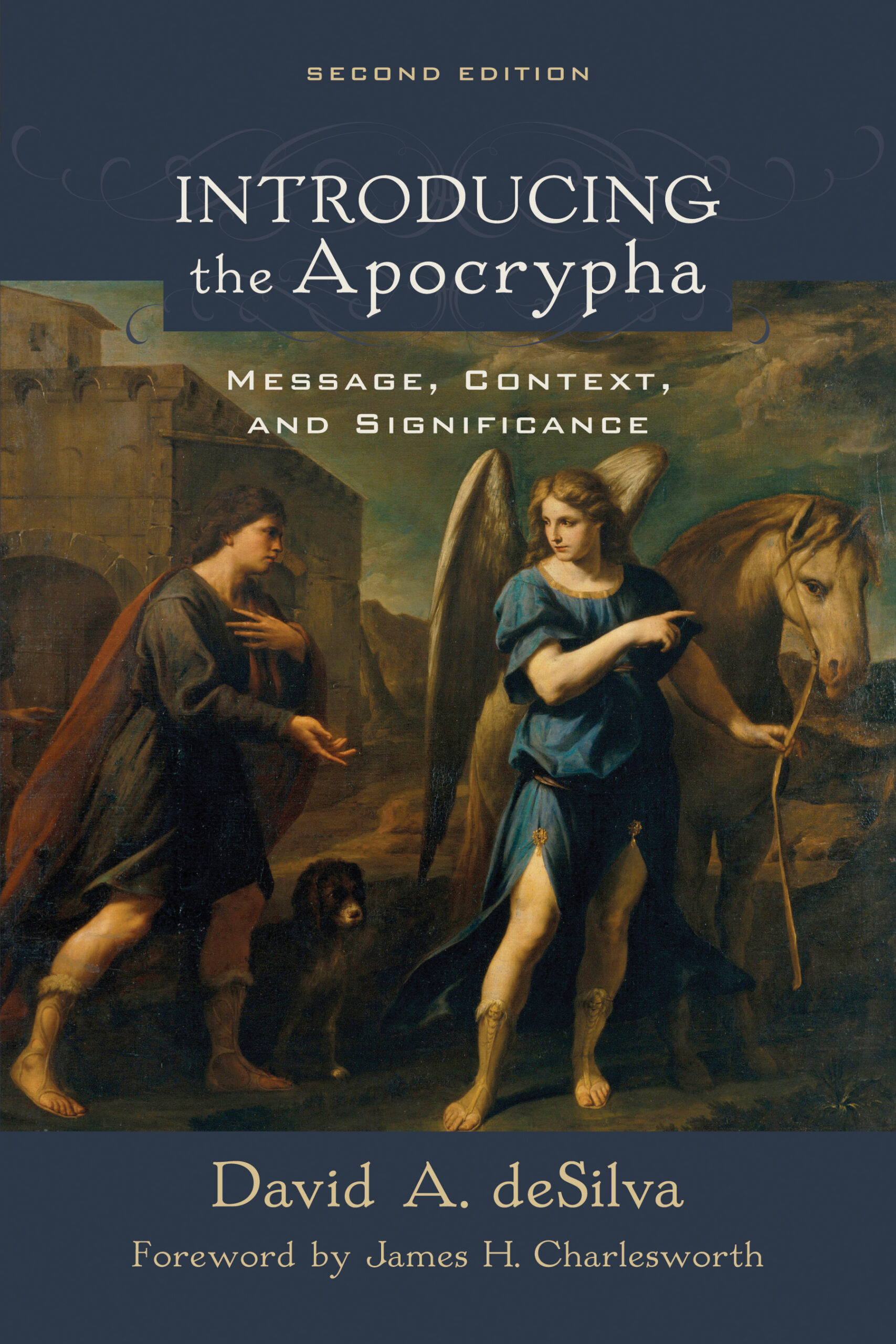The Aprocrypha is a group of texts which I haven’t had a lot of interaction with, if any, growing up in a non-liturgical pentecostal protestant tradition. For those starting their study of these texts, this book is helpful as it includes both strong engagement with secondary literature within each chapter and individualised bibliographies for further research at the conclusion of the book.
As an independent reader, that is a reader neither in community around this book or in pursuit of a course, it would have been helpful to include other features such as introductory chapter aims, concluding summary dot points, or review questions. This textbook is quite simple in its layout and content providing text with an optimal number of helpful headings. The content is mostly accessible however there is the inclusion of some advanced vocabulary and phrases that may not be understood by all readers, such as terminus ante quem which is translated in its first usage but is used continuously without elaboration. DeSilva doesn’t simply introduce the novel books, including chapters on the additions to the canonical books of Daniel and Esther, and furthermore seats the discussion in an introduced historical context chapter and an introduction which both introduces and espouses the benefit of studying these texts as protestants.
The book overall, is great to read but would be assisted with the aforementioned extra features, to ensure that readers maintain their understanding of the apocrypha particularly within New Testament studies.
A future review will cover deSilva’s Mobile Ed course “The Apocrypha”, which uses this book as its text. Feel free to comment or tweet us if you’re looking forward to that review.
23/02/21 – An older version of this review incorrectly referred to the layout as simplistic and as such this has been updated. In addition to this, the original 3 star rating didn’t match the quality of the book as outlined in the review, which has been replaced with a 4 star rating.



Greetings, Joshua. This is not the book I would recommend first to someone like yourself (at least, as you describe yourself — that is, as someone for whom this is really a first foray into these texts). That would have been my shorter volume simply entitled “The Apocrypha” (Nashville: Abingdon, 2012). It’s in their “Core Biblical Studies” line, which is meant to be a series of baseline introductions. I’m not going to lie: I find a three-star rating for a book that you say is “great to read” but lacks the kind of bullet points and other summary helps you would have desired to be inconsistent (the word I really want to type is “insulting”). And at one point you write that “This textbook is quite simplistic in its layout and content.” “Simplistic” is a pejorative term: it means making something that is actually complex seem simpler than it really is. “Simple” or “straightforward” would be neutral and positive terms. Are you trying to say that the layout and content are “simplistic” or “straightforward”? I hope the latter, and that you will edit accordingly.
Hi David, I will have to check out that Abingdon volume when I can since I think that will be a worthwhile resource to have in our book review section. I also am looking forward to completing and subsequently reviewing your MobileEd course and re-reading the book at the same time. I do see your point with the 3 star review, you are correct it should be a 4 star since it is a good book, which is predominantly accessible, a helpful feature for our audience. Being a new blog, sometimes it is difficult to assign a star rating to review and so in this case we’ve unhelpfully done so. I’m not sure how the simplistic reference was kept throughout our editing process because as you say it doesn’t accurately refer to the benefit of having a consistent and simple structure to each chapter, and so I have updated the review to reflect this. Thank you for reading and responding to my review of your book.
Many thanks, Joshua. (I admit that I also started the week in a bit of a bad mood. 🙂 )